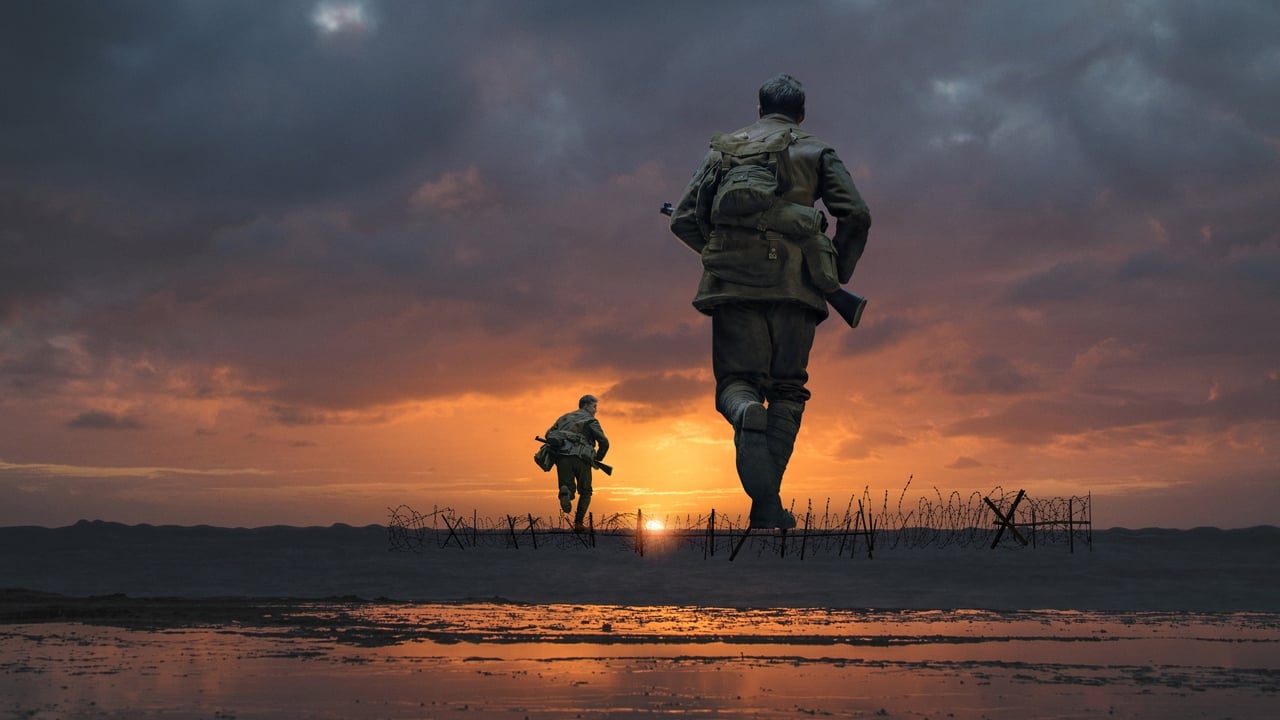A superb, credible war film without vain heroism, which shows us the harshness of war and its inhumanity.
This film was the hit of 2019, and for good reason: it was directed by Sam Mendes, with a script based on his grandfather's war story and a huge production, of the highest quality and full of well-achieved effects. And of course, the film was made in the aftermath of the centenary celebrations of the end of the First World War, which took place in 2018. Understandably, it was a sensation at that year's awards galas, in particular the Oscars, where it was nominated in ten categories, winning three statuettes: Best Sound Mixing, Best Visual Effects and Best Cinematography.
I think that even those who know little about history will recognize the First World War as the moment when classical and chivalric warfare disappeared to give way to industrial warfare. It was in this war that we witnessed the development of machine guns (they were not new, but they became standard equipment), the emergence of the first tanks (we can discuss whether they had a significant impact, in addition to technical advances), the first experiments in fighter aviation and recognition, the first attempts at the massive use of chemical weapons (mustard gas, and others of the kind) and more innovations that made wars bloodier and more inhumane than before. It was also decisive in the redrawing of world borders, with the disappearance of centuries-old empires and the rise of new republics, and in particular, the Soviet Union. Therefore, it is a war that the whole world continues to remember and that should not be minimized.
The script is based on a suicide mission: to prevent the massacre of an entire unit of the British army that, inadvertently, marches towards a trap, two corporals have to go through “no man's land” and cross enemy lines to warn them and stop them. Additional detail: one of the corporals is the brother of an officer integrated into the military force about to be annihilated. The absolute simplicity of this script makes it so believable that we immediately feel a strong empathy for such committed soldiers. In addition, we have the strong tension, intelligently worked by Mendes, which leaves us constantly waiting to see what will happen. All the directing and editing work is worthy of being studied by film students, and it is truly impossible for us to saw the cuts and editing.
Technically, the film makes judicious use of visual effects and CGI, trying to have maximum realism and credibility instead of a lot of flashy things. There is a good dose of fake human bodies and corpses throughout the film, and we get the feeling that a good part of those trenches were also, to a large extent, the graves of the men who were there. It's not a film full of blood and gore, but it's not easy to watch and it's violent in its own way. As for historical realism, I'm satisfied: the film is slightly based on Operation Alberich, which actually took place in 1917, and in which the Germans made a strategic retreat, abandoning trenches they left booby-trapped and looking for positions that were easier to defend. The design of the trenches made for the film, and the environment lived in them, is one of the best historical recreations of this environment ever seen in cinema, with a degree of precision that borders on documentary. The weaponry seemed equally realistic to me, the props and uniforms are very good.
Mendes also took a risk by placing second-line actors in the main characters: Dean-Charles Chapman had already shown some talent in “Game of Thrones”, but this was his greatest cinematographic work to date, and the actor honorably fulfilled what he set out to do. asked of him. George McKay had also not had, until now, the opportunity to show talent in the seventh art, and he was able to give us a committed and very deep interpretation of his character. The best-known actors appear in more sporadic roles: Colin Firth played a British officer in just one relevant but short scene; Daniel Mays also only appears a little, but does what he needs to do.
